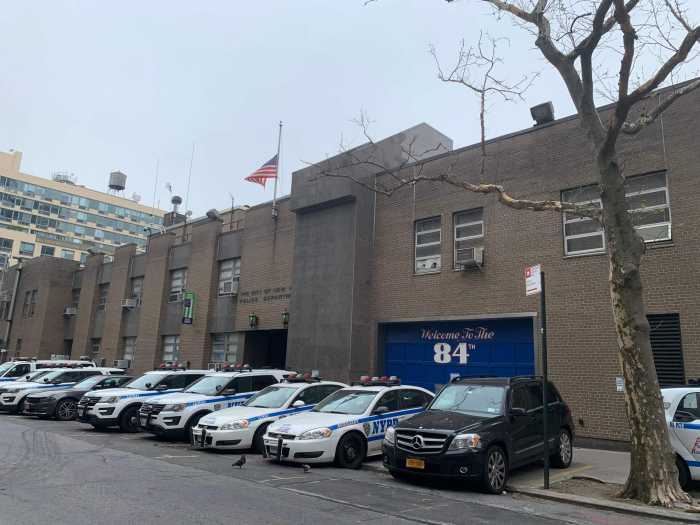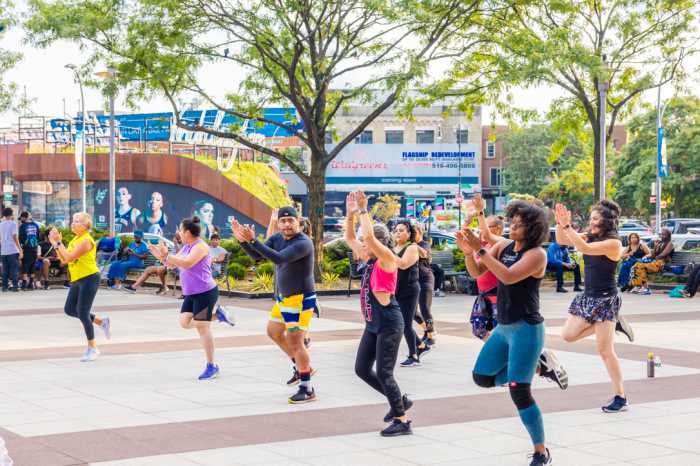A nonprofit dedicated to promoting development along Atlantic Avenue will recognize the leader of YWCA Brooklyn — an organization that provides housing and social services for local women — for her contributions to Downtown Brooklyn at this year’s Atlantic Antic festival in September.
“I’m completely honored and humbled,” said Martha Kamber, who has led YWCA Brooklyn as President and CEO for 13 years.
The Atlantic Avenue Local Development Corporation will award Kamber with its eighth annual “Ambassador Award” at the Atlantic Antic festival on Sept. 29, which the nonprofit gives to locals who contribute to the avenue’s cultural and economic development.
“Martha Kamber led the development of the organization’s community programs,” read a statement the development group put out announcing the award. “She is also recognized for her leading advocacy in the areas of racial justice and gender equality.”
Under Kamber’s leadership, the Downtown Brooklyn organization has added more than 300 units of affordable homes for low-income survivors of domestic abuse to its 100,000 square-foot facility on Atlantic Avenue and State Street. Kamber also bolstered the YWCA’s immigrant services and programs to support victims of abuse, and has developed the nonprofit’s college access program, which has helped over 500 high school girls with their college applications.
In 2010, YWCA Brooklyn opened a Social Justice Community Center on the bottom two floors of its building, which has served more than 100 civic groups, non profits, and other local groups — including the community board, the police precinct, and a host of after-school programs.
“With Downtown Brooklyn gentrifying, there weren’t a lot of places for the community to gather that were free or subsidized,” Kamber said.
Kamber now looks forward to an exhibit at Brooklyn College set to debut in September, which will display thousands of never-before-seen archival documents and photos tracing YWCA Brooklyn’s history since its founding in 1888. Among the artifacts on display will be minutes from 1943 community meeting where a rep informed locals that the organization would begin accepting non-white members, making the Brooklyn Y the country’s first YWCA to racially integrate.
“I’m just thrilled,” Kamber said about the exhibit.


























